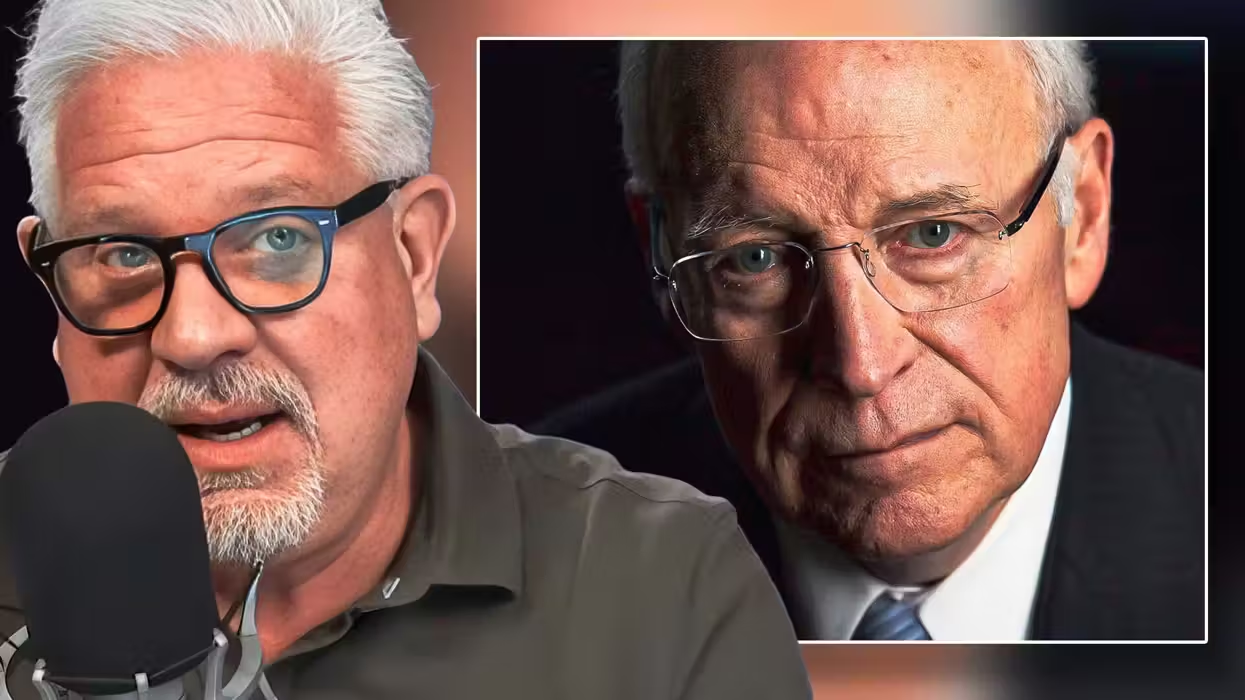© 2025 Blaze Media LLC. All rights reserved.
A blink at what the national papers are saying...
Washington Post criticizes Romney on immigration: "[I]n search of some street cred that might lift his chances in Colorado, Nevada or Virginia, Mr. Romney has cited what passes for his Hispanic roots — the fact that his father, George, was born (to American parents) in Mexico — and has deployed his son Craig, who speaks Spanish, in ads on Spanish-language media. Very nice. But if Mr. Romney really wants to make inroads into Mr. Obama’s lead among Hispanics, what he needs is an immigration policy that is fair, cogent and economically rational. That would be a refreshing change from his stance of the past six months, during which he first embraced harsh rhetoric and draconian policies, then tried to fuzz it away at the margins."
Wall Street Journal hits Obama administration on Benghazi: "Rummaging through the Benghazi compound, a CNN reporter found a seven-page notebook belonging to Ambassador Stevens. According to the network, the diary said he was concerned about the "never-ending" security threats in Benghazi and wrote that he was on an al Qaeda hit list. In deference to the family's wishes, CNN didn't quote directly from the diary and didn't divulge any private information in it. His worries are newsworthy, however, and can inform America's response. But Mrs. Clinton's long-time and closest media adviser chose to attack CNN. Deputy Assistant Secretary of State Philippe Reines called the network's conduct "disgusting." He then deployed words not fit for a family newspaper in an exchange with a reporter for the Web site BuzzFeed. Mr. Reines may wish to protect his boss's legacy for her 2016 Presidential run, but that won't be enhanced by the appearance of a cover-up."
New York Times praises Romney on foreign aid: "In a speech to the Clinton Global Initiative on Tuesday, Mr. Romney acknowledged the value of foreign aid and its purpose: providing humanitarian assistance, improving security and encouraging economic growth. He did not call for slashing aid, as many in the Republican Party have. ... There were also gaps in Mr. Romney’s speech; there was no mention of foreign aid’s critical role in health, agriculture, education and poverty programs. On the whole, though, Mr. Romney’s remarks were encouraging. Foreign aid is badly misunderstood. Many Americans believe it consumes a large part of the federal budget when it really is less than 2 percent. It is a crucial security asset that should be increased, not reduced."
Want to leave a tip?
We answer to you. Help keep our content free of advertisers and big tech censorship by leaving a tip today.
Want to join the conversation?
Already a subscriber?
more stories
Sign up for the Blaze newsletter
By signing up, you agree to our Privacy Policy and Terms of Use, and agree to receive content that may sometimes include advertisements. You may opt out at any time.
Related Content
© 2025 Blaze Media LLC. All rights reserved.
Get the stories that matter most delivered directly to your inbox.
By signing up, you agree to our Privacy Policy and Terms of Use, and agree to receive content that may sometimes include advertisements. You may opt out at any time.





